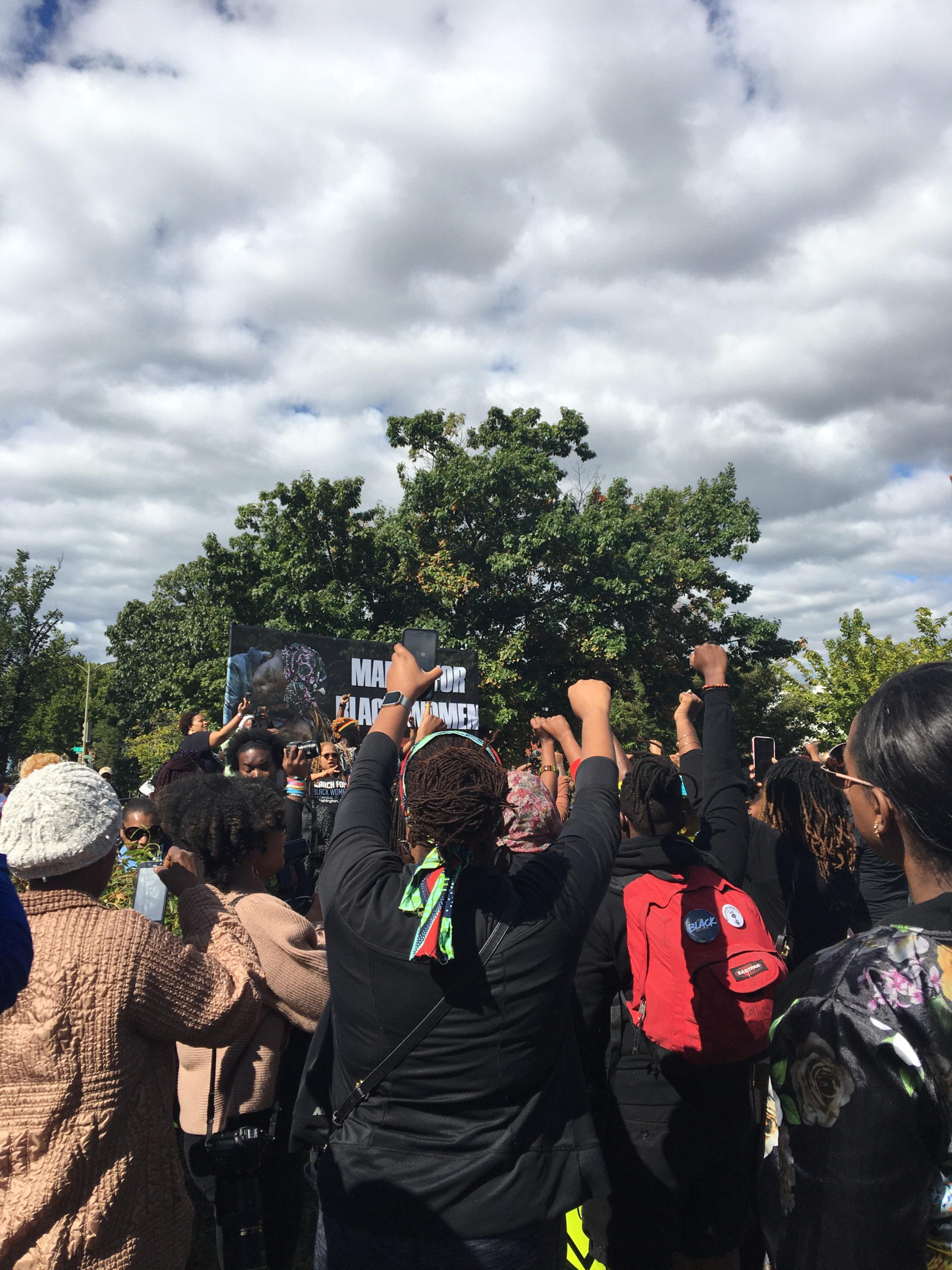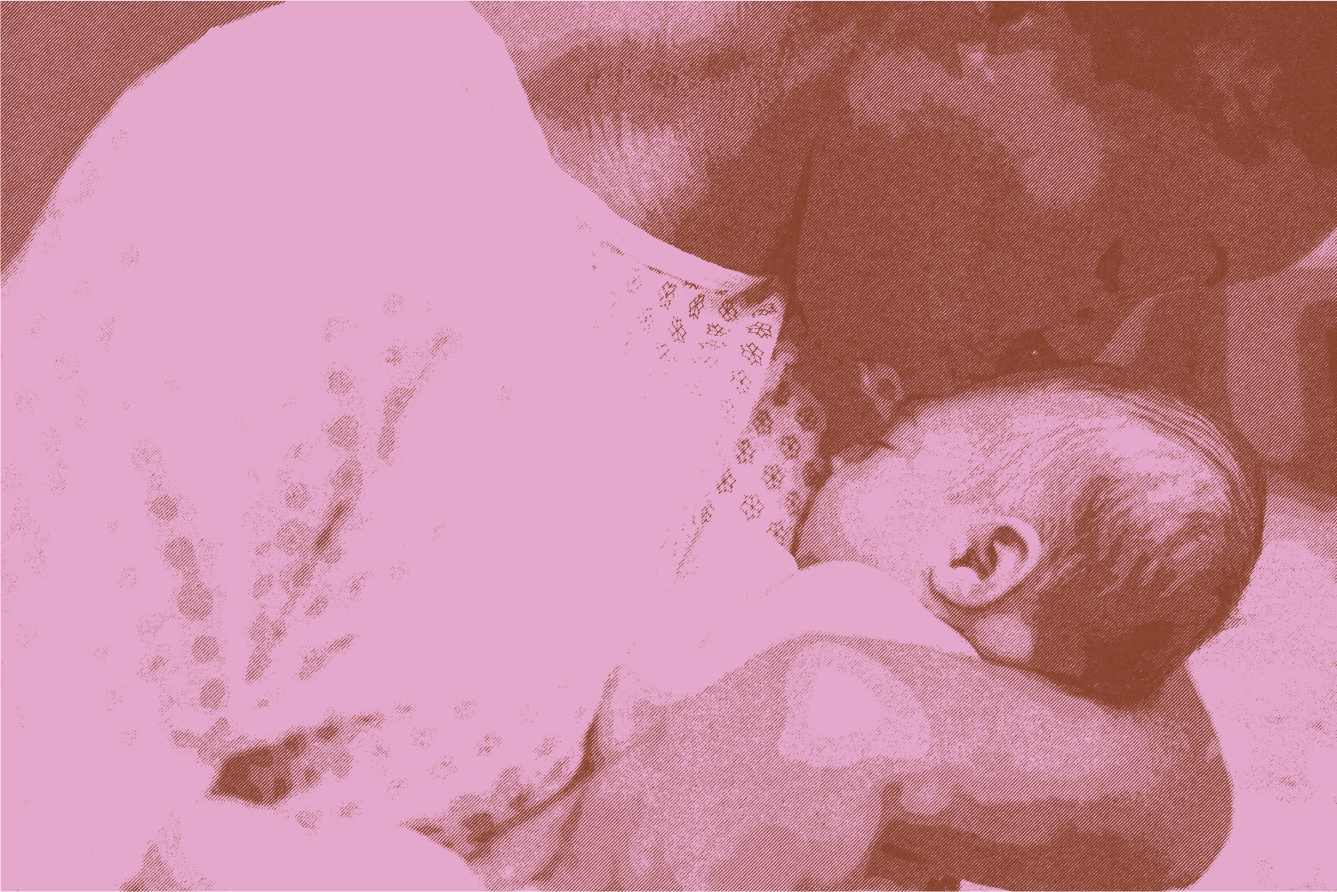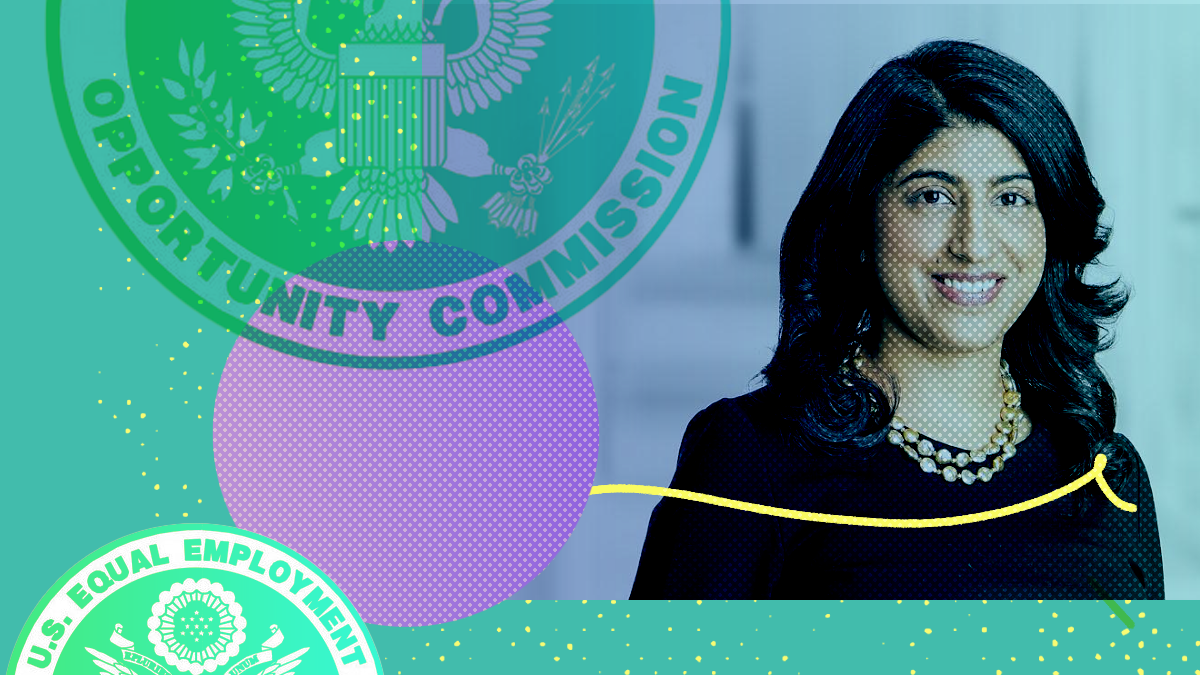‘me too.’ International, the National Women’s Law Center, and TIME’S UP Foundation Launch “We, As Ourselves” in Support of Black Survivors
For press inquiries, please contact:
‘me too.’ International: Denise Beek, [email protected]
National Women’s Law Center: Gillian Branstetter, [email protected]
TIME’S UP Foundation: Jae Aron, [email protected]
The new initiative, timed with Black History/Black Futures Month, aims to challenge prevailing and harmful narratives about Black women, girls, femmes, trans and gender nonconforming survivors of sexual violence.
Washington, D.C. (February 24, 2021) – Today, ‘me too.’ International, the National Women’s Law Center, and TIME’S UP Foundation launched We, As Ourselves, a campaign that seeks to change the conversation about sexual violence and its impact on Black communities.
Working in collaboration, the three organizations aim to: 1) create safe spaces where Black survivors can confront their stories; 2) upend cultural narratives that harm and silence Black survivors; and 3) build new practices wherein Black survivors are believed, heard, and supported.
“We, As Ourselves is our love offering and our promise to not just show up, but to show up better and in full support of Black survivors, regardless of gender, sexuality, status or ability,” said Tarana Burke, founder and executive director of ‘me too.’ International. “With each Black survivor who is affirmed and supported through this initiative, we get one step closer to dismantling the systems that perpetuate sexual violence.”
The coalition released a Love Letter to Survivors, a video tribute from prominent and powerful survivors, activists, and celebrities. Other works in progress include: narrative research; conversation guides; a five-part event series; and rapid-response tools to support Black survivors who come forward. Knowing actions speak louder than words, the coalition will organize the first ever week of action during Sexual Assault Awareness Month, focused on Black survivors.
“The labor of Black women lies at the core of our culture, our economy, and our democracy, yet our voices and our needs are continually sidelined and ignored both by the media and our institutions writ large,” said Fatima Goss Graves, president and CEO of the National Women’s Law Center. “Safety begins by listening to Black survivors and trusting them to know the conditions that will allow them to rise to the fullest of their potential, above the harm and trauma that continually tries to silence them.”
On February 2, the three organizations released a joint statement and open letter in support of the Black survivors who have come forward, only to have their accounts consistently overlooked by the media. With the launch of We, As Ourselves, the organizations pledge to continue to fight for Black survivors to get healing and justice without ridicule or backlash.
“For generations, Black women have been excluded from the conversation and, when they are included, the narratives created around Black survivors, women, and girls are dangerous, destructive, and undermine their credibility and experiences at every turn,” said Monifa Bandele, COO of TIME’S UP Foundation. “We, As Ourselves” is clear: We will no longer allow this to happen under our watch.”
- Black women report experiencing workplace sexual harassment at three times the rate of white women.
- Black women who report crimes of sexual assault or violence are less likely to be believed than their white counterparts.
- A recent study found prosecutors filed charges in 75% of the cases in which a white woman was attacked, but when the victim was a Black woman, prosecutors filed charges just 34% of the time.
- Six in 10 Black women report being subjected to coercive sexual contact by age 18.
- For every Black woman who reports rape, at least 15 do not report.
- Black women report experiencing higher rates of psychological abuse.
- Half of all Black transgender women are survivors of sexual violence and two thirds of Black transgender people said they would be uncomfortable asking the police for help.
More information about Black survivors and the We, As Ourselves campaign can be found online at http://weasourselves.org




